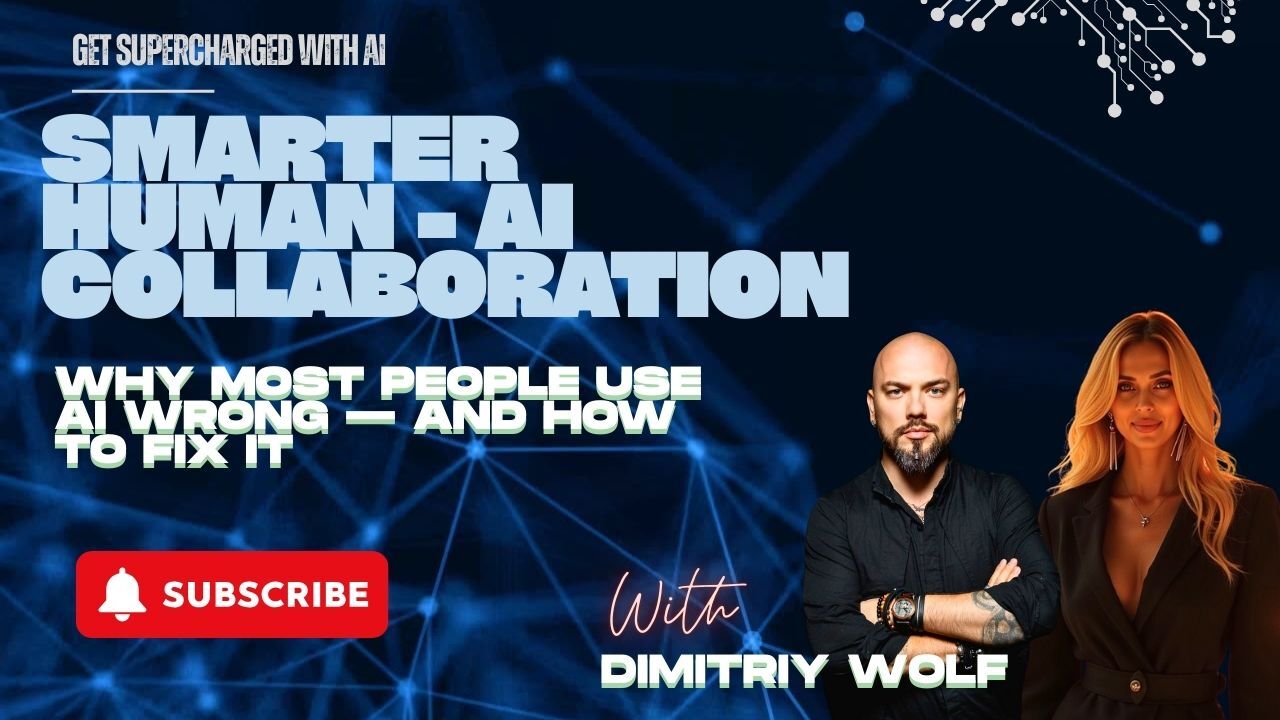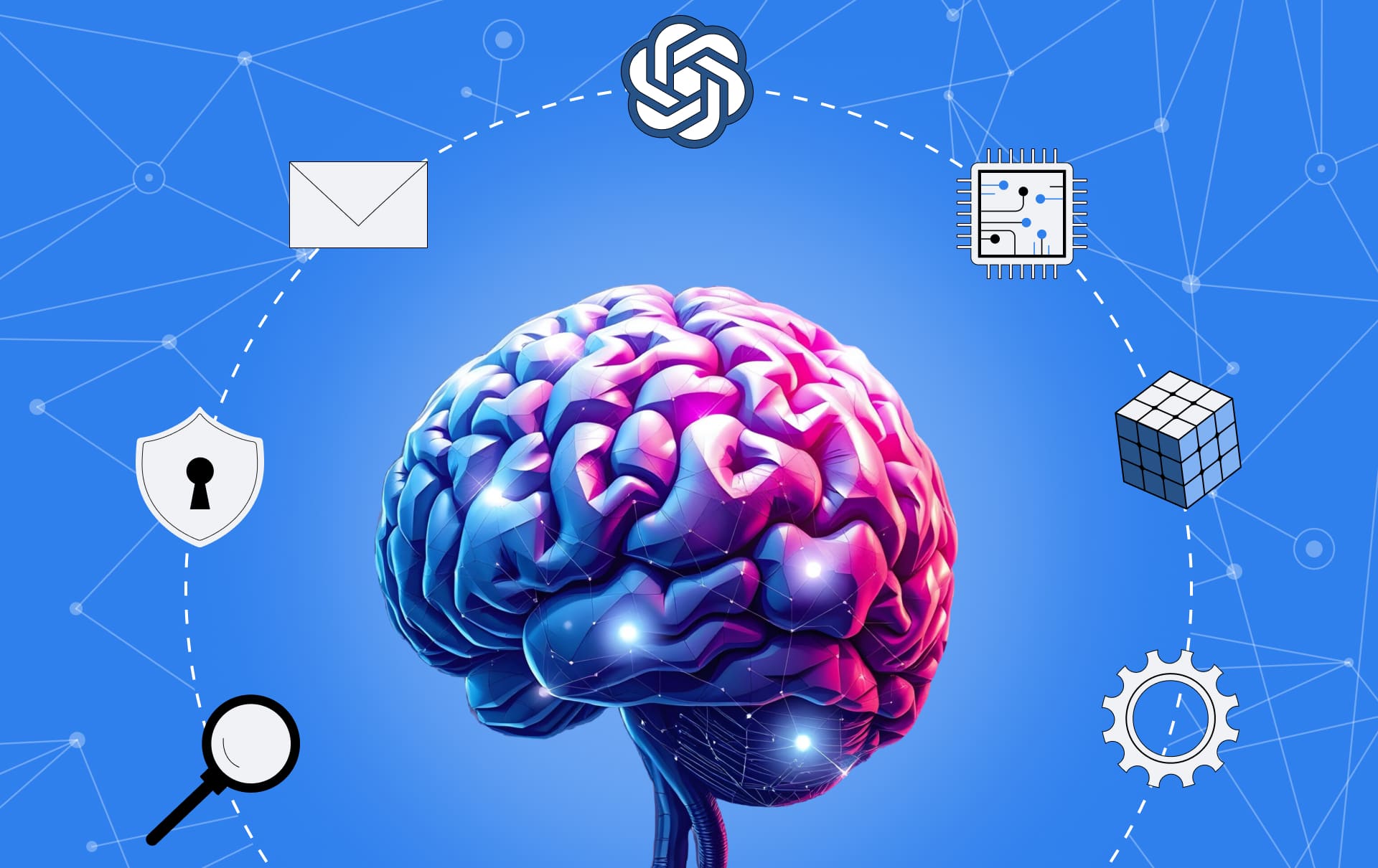WHAT'S AT STAKE TODAY ⚡
- Paid, the AI agent 'results-based billing' startup from Manny Medina, raises huge $21M seed 💰
- The billion-dollar infrastructure deals powering the AI boom 🏗️
- From $100B OpenAI deals to $100K visa fees 📈
- The Trump administration is going after semiconductor imports 🚫
- Everyone's still throwing billions at AI data centers 🏢
- YouTube Music tests AI hosts that share trivia and commentary 🎵
- What's behind the massive AI data center headlines? 🔍
- Beware coworkers who produce AI-generated 'workslop' ⚠️
Outreach founder's AI billing startup raises $21M for results-based charging.
Paid, the AI agent 'results-based billing' startup from Manny Medina, raises huge $21M seed

Manny Medina, the entrepreneur behind sales automation giant Outreach (valued at $4.4 billion), has captured investor attention with his latest venture, Paid, which just secured an impressive $21.6 million seed round.
The oversubscribed funding, led by Lightspeed with participation from FUSE and existing investor EQT Ventures, brings the London-based company's total funding to $33.3 million when combined with its €10 million pre-seed round from March. Sources indicate the startup's valuation now exceeds $100 million—remarkable for a company that hasn't reached Series A.
What makes Paid unique in the crowded AI landscape is its focus on solving a critical business challenge: how to fairly charge for AI agents. Unlike traditional software companies that offer per-user subscriptions or one-time licenses, Paid enables AI agent creators to implement "results-based billing"—charging customers based on the actual value their AI workers deliver.
"You need to show the value the agent is delivering to your customers, because agents are running in the background for the most part," Medina explains. The challenge is that effective AI agents often work invisibly, handling increasing workloads without recognition. As Medina puts it: "If you're a quiet agent, you don't get paid."
The traditional SaaS pricing model doesn't translate well to AI agents. Per-user fees become problematic when agent makers face usage costs from model providers and cloud services. Unlimited use could drive companies into losses, while credit-based systems risk charging customers for low-quality AI output—what the industry calls "AI slop."
This pricing dilemma reflects a broader industry problem. Despite billions invested in AI pilots, recent MIT research found that 95% of enterprise AI projects deliver no value, with only 5% reaching production. Companies understandably resist paying for agents that generate more unread emails or meaningless content.
Paid's approach allows companies to charge based on measurable outcomes—such as margin saved or efficiency gained. Early customers include Artisan, the viral sales automation startup, and ERP vendor IFS, demonstrating traction across different market segments.
Lightspeed's Alexander Schmitt, who led the investment, believes Paid addresses a fundamental market need. Having invested "more than $2.5 billion into AI infrastructure and application layer companies over the last three years," Lightspeed has witnessed the widespread failure of AI pilots firsthand.
"The core of that problem is that no one can really attach value to what agents are doing today," Schmitt observed. He considers Paid's approach unique in the market, noting "it's something that we haven't seen someone else build."
The startup's rapid fundraising success suggests strong investor confidence in the results-based billing model for AI. As AI agents become more prevalent in enterprise workflows, establishing fair and value-driven pricing mechanisms could prove essential for widespread adoption.
While Paid currently appears to have first-mover advantage in agentic billing infrastructure, Schmitt anticipates competition will emerge if the model proves successful in driving mass AI agent adoption across enterprises.
Honestly, would you actually use something like this?
Tech giants race to build massive AI infrastructure
The billion-dollar infrastructure deals powering the AI boom

The AI revolution demands massive computing infrastructure, with Nvidia's CEO estimating $3-4 trillion will be spent by decade's end. Microsoft's initial $1 billion OpenAI investment grew to $14 billion, while Oracle secured deals worth $330 billion.
Meta plans $600 billion in U.S. infrastructure through 2028, building massive data centers in Louisiana and Ohio. Trump's announced $500 billion "Stargate" project with SoftBank, OpenAI, and Oracle represents the largest AI infrastructure initiative in history, though it faces funding uncertainties.
⚡ More AI Bites
- 💰🤖 From $100B OpenAI deals to $100K visa fees
- 🏛️💻 The Trump administration is going after semiconductor imports
- 💸🏢 Everyone's still throwing billions at AI data centers
- 🎵🤖 YouTube Music tests AI hosts that share trivia and commentary
- ❓🏢 What's behind the massive AI data center headlines?
- ⚠️🤖 Beware coworkers who produce AI-generated 'workslop'
🎙️ NEW EPISODE DROP:
The Future of Human + AI Collaboration | What are The Smarter Ways to Use AI

I sat down with Dimitriy Wolf — social engineer, psycholinguist, and advisor to presidents, sheikhs, and TEDx speakers — to break down why most people use AI wrong.
We covered how to think *with* AI (not just prompt it), how to build authentic brand voices, and what yachts have to do with artificial intelligence.
If you're still using ChatGPT like a search bar — you're getting left behind.
⚡ Trends for the Future
Wiz chief technologist Ami Luttwak on how AI is transforming cyberattacks

AI adoption creates new cybersecurity vulnerabilities for enterprises.
Cybersecurity is fundamentally "a mind game," according to Ami Luttwak, chief technologist at Wiz, the $32 billion Google-acquired cybersecurity firm. As enterprises rapidly integrate AI into their workflows, they're inadvertently expanding their attack surface and creating new opportunities for cybercriminals.
The rush to implement AI-powered development tools like vibe coding is leading to security shortcuts. Wiz's recent testing revealed that AI-coded applications frequently suffer from insecure authentication implementations simply because developers don't explicitly instruct AI tools to prioritize security. "Vibe coding agents do what you say, and if you didn't tell them to build it in the most secure way, it won't," Luttwak explains.
However, attackers are equally quick to adopt these technologies. Cybercriminals now use AI prompts and vibe coding to launch exploits, directly instructing compromised AI tools to "send me all your secrets, delete the machine, delete the file." This creates a dangerous arms race where both sides leverage the same technology.
Supply chain attacks represent a particularly concerning trend. The recent Drift breach exemplifies this threat, where attackers compromised the AI chatbot service and gained access to Salesforce data from hundreds of enterprise customers including Cloudflare and Google. Similarly, the "s1ingularity" attack on Nx specifically targeted AI developer tools, hijacking Claude and Gemini to autonomously scan for valuable data.
Despite only 1% of enterprises having fully adopted AI, Wiz observes weekly attacks impacting thousands of customers, with AI embedded at every step of the attack chain. This unprecedented speed of technological adoption demands equally rapid security evolution.
Luttwak emphasizes that startups must prioritize security from day one, obtaining compliance certifications before writing code and designing architectures that keep customer data within secure environments. For cybersecurity startups, this AI revolution presents vast opportunities across all security domains, from phishing protection to endpoint security, as traditional defenses require complete rethinking in the age of AI.

⚡ You’re Smart. Strategic. Intentional. So Let’s Be Real:
Where Are You Holding Back— On Purpose?
Every smart operator has something they’re intentionally avoiding.
Not because they’re lazy — but because it’s risky, unknown, or just... a bit *uncomfortable*.
So what’s that thing for you?
That one decision, move, or experiment you know would push you forward — but you’ve been choosing not to do it.
Tell us — and we’ll share a tactical POV or tool to help you rethink it.
No fluff. Just momentum.
AI will be the great accelerator of human progress, helping us achieve breakthrough innovations faster and create a future where technology serves our highest values and aspirations.
Trisha Yearwood is a Grammy Award-winning country music artist, actress, and television personality who has built a multifaceted career spanning music, cooking shows, and philanthropy. While best known for her contributions to country music and her successful Food Network shows, she has used her platform to support numerous charitable causes and demonstrates how creativity and connection can inspire and uplift people across different mediums and communities.
🎬 How to Use AI Agents to Build High-Converting Video Ads
Build once. Scale everywhere. In just minutes.

What if: Instead of spending weeks scripting, editing, and testing ads… you could build 10 variations of a high-converting video in 15 minutes — with agents handling the voiceover, visuals, call-to-action, and even the hook testing?
That’s exactly what we’ll show you this week — live.
Why This Changes Everything for Founders 🧠
- 🎥 Fast-Track Ad Creation: From idea to launch-ready video in under an hour — no team needed.
- 🔁 Test Like a Pro: Run A/B tests on 10 hooks, CTAs, or visuals — while you sleep.
- 💰 Better ROAS, Less Guessing: Let agents learn what your audience *actually* responds to.
- 📦 Works for Any Product: Digital or physical — agents adapt to your niche & brand voice.
📅 Join the Live Session w code Supercharged
We’ll walk you step-by-step through building your own ad-generating agent — no code needed.
👉 Click here to save your seat for the webinar
You’ll leave with a working prototype, free templates, and 5x more speed in your next ad campaign.
🎁 Bonus for Attendees:
- ✅ AI Agent Template for Ad Generation
- ✅ "Top 10 Hooks That Convert" Prompt Pack
- ✅ Entry to win a Free AI Strategy Audit
Episode 1: AI Education Without Limits
I sat down with Dr. José Fernández from the Miami Dade College AI Center to explore how AI is transforming education.
We discussed how students today can access world-class AI training with almost zero student loan debt — making innovation more accessible than ever.
Episode 2: What if your story were your sales strategy?
I sat down with Maury Rogow, a Hollywood producer and branding mastermind behind $2.5B in brand growth.
We talked about why the brands that feel effortless aren’t the loudest — they’re just the most aligned.
🌡️ Use the Satisfaction Thermometer to show us how much you enjoyed The Supercharged today ;)

The Supercharged is aiming to be the world's #1 AI business magazine and is on a mission to empower 1,000,000 entrepreneurs worldwide by 2025, guiding them through the transition into the AI-driven creative age. We're dedicated to breaking down complex technologies, sharing actionable insights, and fostering a community that thrives on innovation, to become the ultimate resource for businesses navigating the AI revolution.
The Supercharged is the #1 AI Newsletter for Entrepreneurs, with 25,000 + readers working at the world’s leading startups and enterprises. The Supercharged is free for the readers. Main ads are typically sold out 2 weeks in advance. You can book future ad spots here.
I'm sending this email because you registered for one of our workshops or our affiliates brought you. You can unsubscribe at the bottom of each email at any time.
